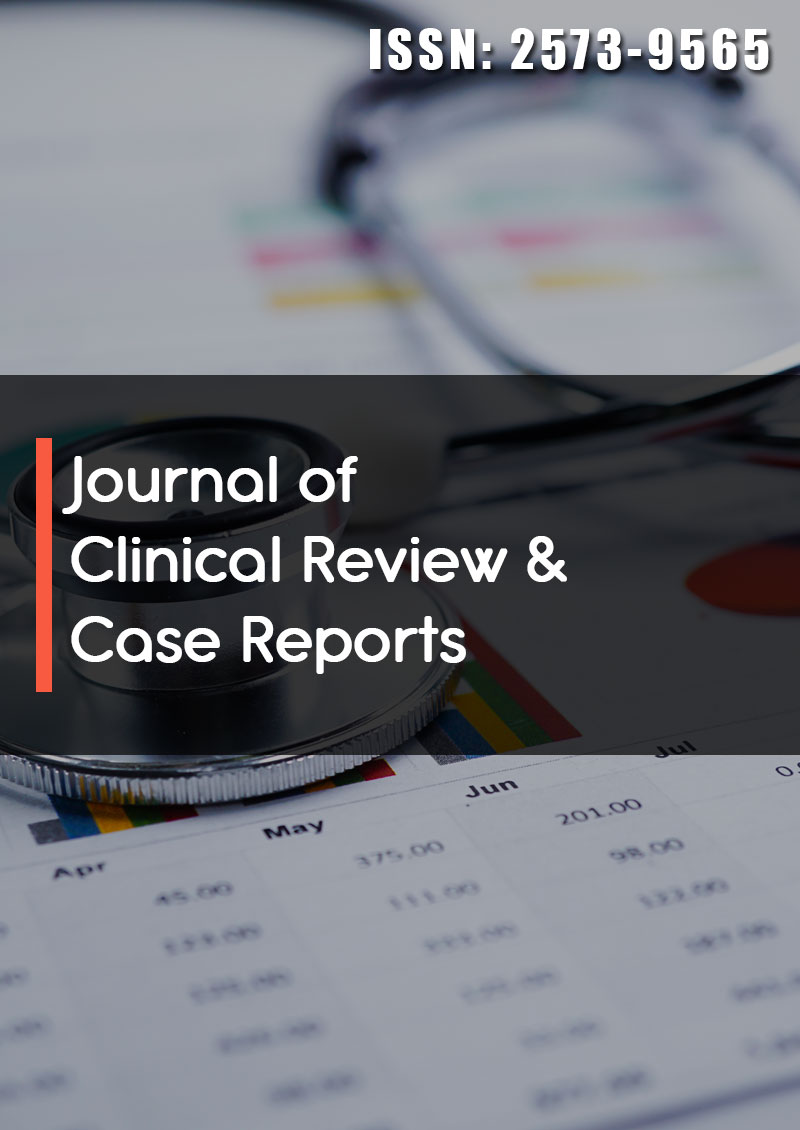Ethical Behavior and Accountability in Leadership, a Technological Framework & Design for Tracking Blood Disorders
Abstract
Laura Thompson and Kimberly Scott
To address the challenges associated with accountability in for and nonprofit organizations, a sequential explanatory mixed method design was employed, along with action research. The existing research produced a model where organizational accountability and rules formation were highly correlated to information access (those who have access to information).
The purpose of this study is to derive the components needed to provide transparent decision-making, track, and monitor blood disorders like Sickle Cell Anemia (SCA) in Africa and globally. Sickle cell anemia (HbSS) is responsible for most cases of sickle cell disease. The improvement of mortality rates has been an exhausted topic both in the United States and parts of Africa, where Sickle cell hemoglobin or HbS is concerned. In Africa alone, where 80% of affected births occur, babies born with the disease die undiagnosed in early childhood. According to Fleming (1989), of the patients in Nigeria with SCA, approximately 50% die before the age of 1 year. The lack of information distributed in resource-poor countries like Nigeria, remains an ethical challenge with accountability in leadership. We propose the framework from this case study as the component required to track, organize and maintain the data for SCA decision making efforts.



